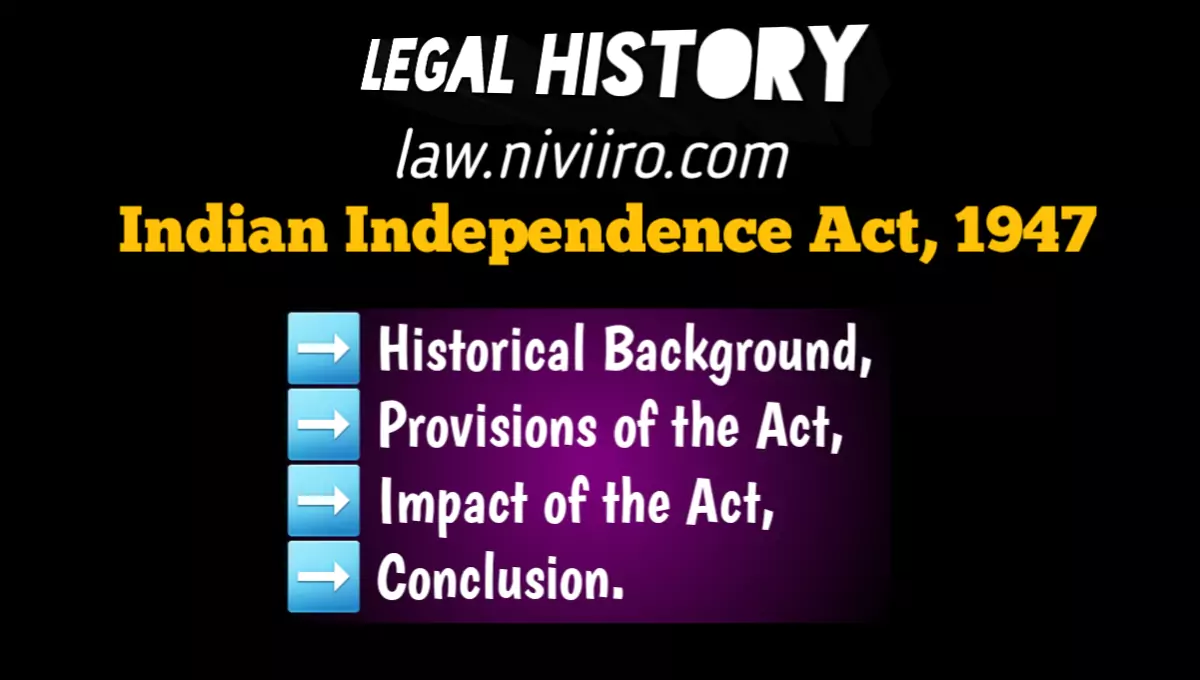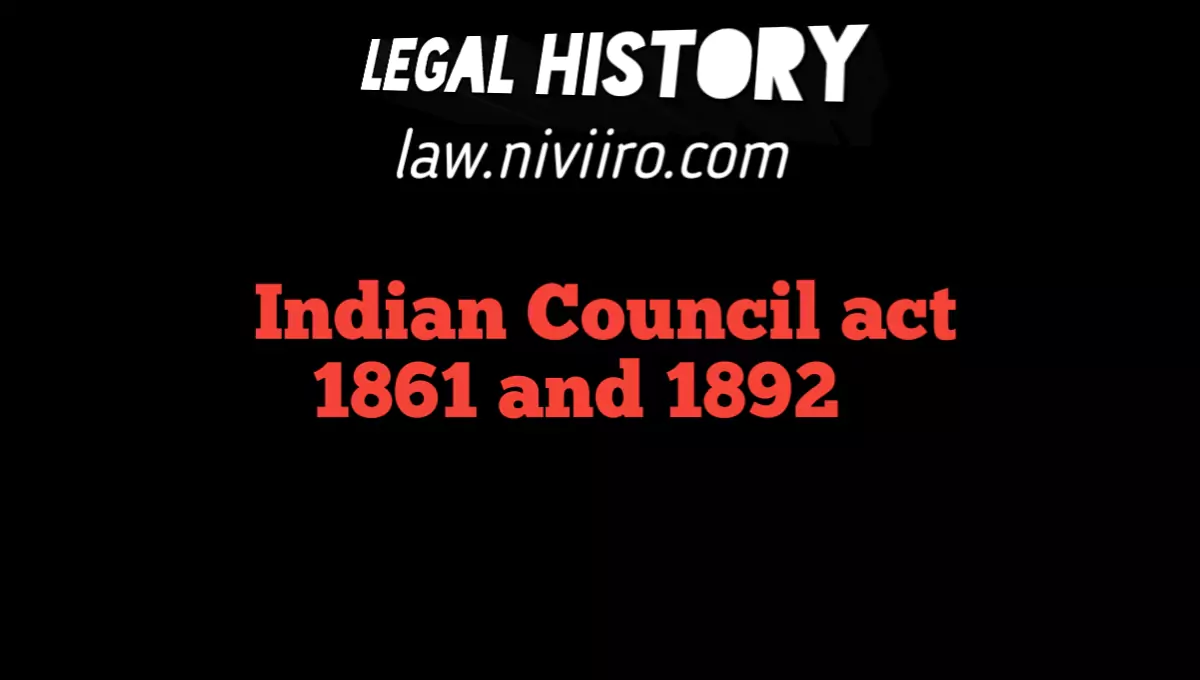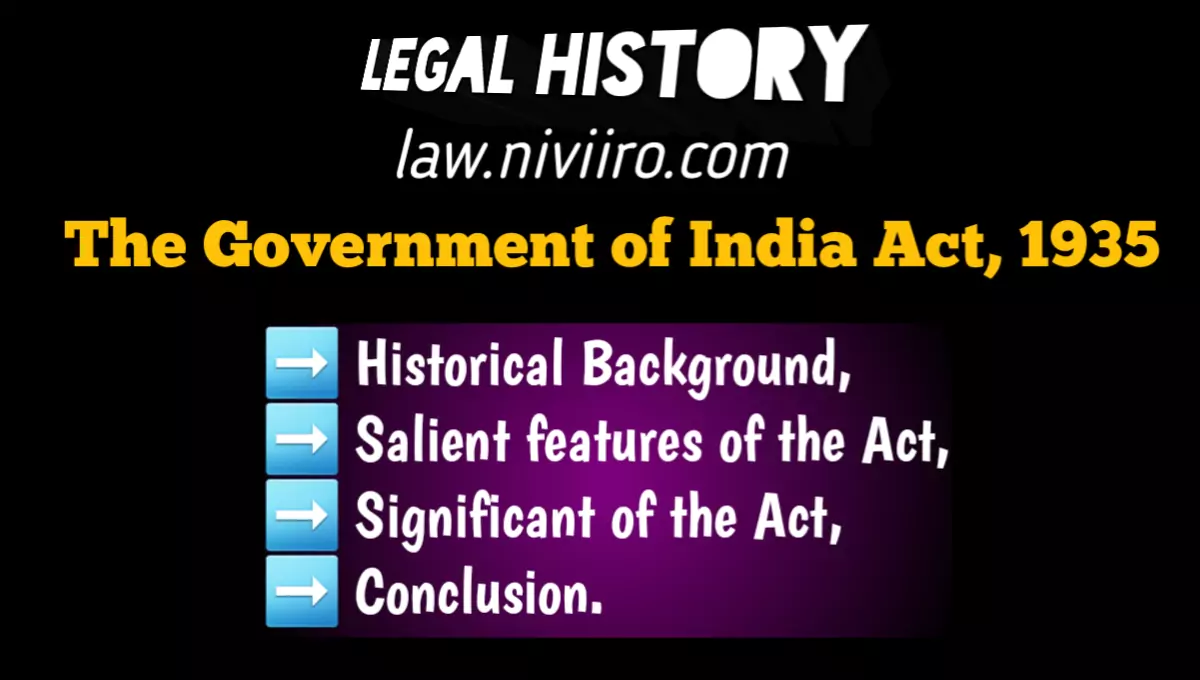“Roses in December” was written by MC Chagla, a former Chief Justice of the Bombay High Court and diplomat. The book tells the story of his life and experiences, from his childhood in a small Gujarat town through his distinguished legal and diplomatic career.
About the Part “International Court” in short
In September 1957 I was appointed an ad hoc judge of the International Court of Justice. The case before the Court con cerned Portugal which claimed to have the right of passage through the territory of India in order to ensure communications between its territory of Daman and its enclave territories of Dadra and Nagar Haveli……………….When I was asked to go to the International Court, an inquiry was made of me about what fees I would charge, and I was told afterwards that the Government expected that I would mention a fairly large amount. But they were all surprised when they learnt that I would charge no fees, as I considered it an honour and a privilege to represent the Government of my country in a case which was very dear to my heart, and for which I had fought as far back as 1946 when I first went to the United Nations.
Note : In every line where the use of “i” just referred to “MC Chagla”
Short Answer Important Questions of international Court | M.C. Chagla
When m.c chagla appointed as hoc judge ?
In September 1957 m.c chagla appointed as hoc judge.
What was the case between India & Portugal ?
The case before the Court concerned Portugal which claimed to have the right of passage through the territory of India in order to ensure communications between its territory of Daman and its enclave territories of Dadra and Nagar Haveli.
What is the fascinations art of a advocacy according to m.c chagla ?
The cut and thrust and the parry as between judge and counsel, which are among the great fascinations of 211 the art of advocacy, and which bring out the best in the lawyer as well as the judge are completely absent.
Which were the two language Recognised in the international court ?
English and French language Recognised in the international court.
Who was the representative of India in the India-portugal case ?
Mr. Setalvad, who was Attorney-General of India, was the representative of India in the India-portugal case.
What was the term of judges in international court ?
Judges are elected for a term of 9 years on a very hand some salary.
Who was appointed ad hoc judge in the international court from India & Portugal ?
M.C. Chagla was nominated an ad hoc judge by India, and Mr. Fernandes by Portugal.
How many Permanent judges were there in the international court ?
15 Permanent judges were there in the international court.
Where the international court housed ?
The International Court is housed in the Peace Palace Hague which was built as a result of a Peace Conference convened by Emperor Nicholas II of Russia in 1899.
What was the name of the room where the private session held ?
“Salle de Bol” a beautiful room where the private session held.
What is the current name of South-west Africa ?
the current name of South-west Africa is Namibia.
Why m.c chagla wanted to resign from international court ?
When m.c chagla was appointed Ambassador to the United States he wrote to the Prime Minister tendering my resignation as an ad hoc judge, pointing out that as he was now proceeding to Washington, it would not be proper for him to continue in that judicial capacity.
Long Answer Important Questions of “International Court” | M.C. Chagla
Who was Dr. Jakota ?
Dr. Jakota, a Director in the Treaty Division in the External Affairs Ministry. I found him extremely able, with a wide knowledge of International law, and a full under standing of the attitude which India should take up before the Court in keeping with her avowed policy against racial discrimination.
What is the ‘Principle of Reciprocity’ ?
One serious defect in the organisation is that jurisdiction is voluntary, not compulsory. This arises from the universally accepted proposition that every nation is sovereign, and cannot be compelled to submit to the jurisdiction of any Court except when it voluntarily chooses to do so. The result is that every country makes a declaration specifying the subjects on which it will accept the jurisdiction of the Court. Further, there is what is known as the principle of reciprocity.
What was the deficiency of the international court ?
the greatest single deficiency of the International Court is that although it may pass judgments, or give decisions favouring one country or another, it has no machinery to enforce its decisions. The only machinery, if it can be called that, is the power given to the Security Council to take adequate measures against the country which defects the decision of the Court. But constituted as the Security Council is,with the power of veto given to each of the great powers, that machinery, to say the least, is a very fragile one and has rarely been effective.
How the private dispute between the citizens can be settled peacefully according to m.c chagla ?
There are three reasons why private disputes between citizens in any country can be peacefully settled. The first is the supremacy of law, the second is the existence of Courts of law to whose jurisdiction every citizen has compulsorily to submit and the third is that there is sanction behind the decision of the Court. The whole might of the state is behind the Court in seeing that its decision is respected and enforced. As I have pointed out, in the case of the Interational Court. none of the three conditions is present.
Who were the president and vice president of international court ?
The President of the World Court was Hackworth, a representative of the United States and whom I came to know very well. He was a judge after my own heart. full of common sense, impatient of technicalities and procedural details, and, like myself, bored to tears with the slow, tardy methods adopted by the Court for deciding cases. The Vice President was, Badawi, a representative of Egypt. He was a very fine jurist, fully conversant with the principles of international law.
Why the electing system of Judges of international court was not good according to m.c chagla ?
one of the serious weakness of the Court is that although under the Charter only eminent jurists representing different cultures and civilizations of the world are expected to be nominated to the Bench, in reality, the appointments are very often political in character Judges are elected for a term of 9 years on a very hand some salary, and in order to be elected a judge the candidate must obtain a majority of votes both in the Security Council and m the United Nations Assembly The inevitable result is that a great deal of lobbying and canvassing has got to be done. The very idea of an elective judge is anathema to anyone brought up in the tradition of British jurisprudence. The very idea of a judge carries the requirements of unpartiality and detachment.
But, I must confess that it is difficult to replace the present system of election by a more satisfactory one. Unfortunately not only is the judge elected, as I said, for a term of 9 years, but he has a right to seek re-election. This means that towards the end of his term, he has to start thinking about his voters and of the countries whose suffrage he will seck.
Who was Lautrepacht ?
There was also the famous jurist Lautrepacht, well-known as the man who edited Openheim’s book on International Law. He was a charming conversationalist, and very much interested in India and Indian affairs. He was one of those who disliked Zafrullah. I remember his asking me to, write to Nehru immediately to start doing the necessary lobbying among embassies and in the United Nations for our candidate, for Zafrullah was already engaged in doing this, as his term was about to come to an end, and he was anxious to be re-elected. Of course. the election was still far way, and Nehru thought that the time had not come to set the machinery in motion. But on Lautrepacht’s insistence. I wrote to Nehru again and told him that other countries got started and tried to secure commitments well before the election
Why Mr. Chagla withdrew his question in the international court ?
I remember one day when the advocate for Portugal was arguing I felt that if a certain question was put to him, and if he was asked to elucidate the position, much of the argument which seemed interffiable could have been considerably shortened. Perfectly innocently, I drafted the question I had in mind, and passed it to the President. The President sent back a note to me to the effect that if I wanted to ask a question, the Court would have to adjourn, there would have to be a discussion on whether the question was proper and should be put, and a decision would have to be taken by a majority of the judges. It was clearly a case of the remedy being worse than the disease. Needless to say, I promptly withdrew the question, and allowed the proceedings to take their slow, uninhibited, accustomed course.
What was the proceeding of the international court ? Explain
The proceedings start with the junior most judge expressing his opinion about the whole case, and then the other judges follow, expressing their views according to the order of seniority. This is a sound practice because, if senior judges were to give their opinion first, the junior judges might be overawed by the depth of experience and the vastness of learning shown by their senior colleagues. Working on the basis of the points so elucidated, the President prepares a questionnaire which sets out the real issues that arise for determination.
The questionnaire is discussed and settled by all the judges, and then there is voting on each question. The majority is thus ascertained, and a Drafting Committee of three judges out of those constituting the majority is then appointed. The draft then comes before all the judges, and it is discussed in the greatest possible detail. I cannot give the reader an adequate idea of the enormous time and labour devoted to the grammar and the idiom, the punctuation marks, to the pondering on the precise meaning of every phrase and sentence of the judgment. Lengthy argument takes place, and here again if a judge speaks in English his remarks are translated into French and vice versa.
After the amendments and alterations are embodied in the draft, it is read a second time. But before the second reading, judges who wish to give dissenting judgments must send them in to the Drafting Committee. At last, at long last, a vote is taken and the conclusions embodied in the draft as finally settled. This vote is by a roll call, and every judge is bound to vote. The votes are recorded in the judgment without disclosing the names of the judges. Then the judgment is ready for printing, and is pronounced in open court.
Who was sir Mohamed zafrullah and where he spent his salary ?
Sir Mohamed Zafrullah Khan of Pakistan was, I must admit, an extremely able and astute lawyer, but not a friendly character, and not very popular with his colleagues. He had married a young woman from West Asia, whom he kept in strict purdha. and one of the stock jokes among the judges was whether any one had seen Lady Zafrullah.
The marriage, however, did not last long. It was well-known that he was also very tight-fisted. Every judge receiving a princely salary of $ 21,000/- a year tax free and duty-free, naturally had a car, but Zafrullah did not. And every evening after the public session when we met in the robing room, the question was always asked whom Zafrullah had approached for a lift to his flat. But I must say on behalf of Zafrullah that his parsimony was not the result of any desire to leave a large fortune behind bin. He spent all the money he had in the interest of the cause to which he was dedicated-the welfare of the Ahmedia sect of Muslims to which he belonged He spent as little as possible on himself so that he could save as much as possible for his sect. He even had put up a mosque for the benefit of his sect at The Hague.
Named the intimate friend’s of m.c chagla in the international court and also tell there characteristics ?
Two of chagla’s most intimife friends were Zorisic, who came from Yugoslavia and Armand-Ugon who represented Uruguay. The three of us stayed in the same hotel, “Hotel Des Indes”, and always used to meet after dinner to drink a liqueur and smoke cigar. Zorisic was a very learned man and knew several languages. Armand was also a good lawyer but he did not know a word of English. My own French was very poor, and it was a difficult linguistic exercise to carry on conversation bet ween the three of us but we seem to have managed all the same. Language was a great problem at The Hague. A majority of the judges did not know English but knew French, while the Russian Judge Kokevnav, knew neither English nor French.
Explain the verdict of the India-portugal case ?
In the case before it, the Court had first to decide the six preliminary objections raised by India to the complaint brought by Portugal. The preliminary hearing lasted from September 23 to October 11, 1957. The case for India, as I have already mentioned, was argued by Mr. Setalvad, who was Attorney-General of India. He was assisted by Sir Frank Soskice, Q.C., M.P. and Prof. Waldock, Professor of Public & International Law at Oxford. Setalvad’s arguments were, as usual, precise, to the point. and without any artifices or embellishments which often characterise the arguments of those who rely on them to bolster up a weak case. I may add that my colleagues were very impressed by the way Setalvad presented the Indian case.
The result of the hearing was that the Court decided against India on the first four preliminary objections which India had taken, while the fifth and sixth preliminary objections were made to stand over to the final hearing. I delivered a dissenting judgement upholding all the objections except one. My Russian colleague went a step further, and voted in favour of India on all the preliminary objections. He wanted to demonstrate the solidarity that existed between the U.S.S.R. and India, but my judicial conscience did not permit me to vote in favour of India at least on one preliminary objection. But even as arguments were proceeding, it was clear that the Court would not put an end to Portugal’s claim at that stage, but would have to proceed to a final hearing on merits.
After this preliminary hearing I returned to Bombay to resume my duties as Chief Justice. When I was appointed Ambassador to the United States I wrote to the Prime Minister tendering my resignation as an ad hoc judge, pointing out that as I was now proceeding to Washington, it would not be proper for me to continue in that judicial capacity. The Prime Minister forwarded my resignation to the International Court. But Klaestad, who had by then become the President of the Court, wrote to Nehru that I had been doing very useful work in the Court and that I should continue as ad hoc judge, and should not be displaced by someone else. Nehru changed his mind, and decided that in view of the opinion expressed by the President of the Court, I should go to The Hague for the public hearing from Washington.
The result was that I continued as an ad hoc judge for the public hearing which took place in September, October and part of November, 1959. India was again represented by Setalvad but the Indian team was further strengthened by Prof. Henri Rolin, a well-known Professor of International law in Brussels and Prof. Guggenheim from Geneva. On the side of Portugal, among others, was Prof. Bourquin, also a professor at Geneva. It was the proud boast of both Guggenheim and Bourquin that neither of them had ever lost a case before the International Court. In this case they were pitted against each other and one or the other would have to spoil his record.
As is not uncommon in international affairs, when the decision came, both sides claimed victory although, as I shall explain, it was really India that was victorious since she successfully repelled the most substantial claim made by Portugal, which was that she, Portugal, had a right of passage from Daman to Dadra and Nagar Haveli in respect of armed forces, armed police and arms and amınunitions. This claim was rejected by right votes to seven and the only right that was conceded to Portugal was a right of passage in respect of private persons, civil officials and goods in general. This right, the Court also ruled by nine votes to six, India had not violated.
Why the south west africa renamed by United Nations ?
The League of Nations had given a mandate in respect of South-West Africa to the Union of South Africa, and when the League of Nations was dissolved and the United Nations came into existence, the United Nations rightly took the view that South Africa was accountable to that organisation for the mandate and for the administration of South-West Africa.
The mandate clearly laid down that South West Africa was to be governed in accordance with accepted civilised principles, and in the interest of the people of the territory, and also for the purpose of ultimately enabling the country to achieve self-government. South Africa threw all the civilised principles to the winds, segregated the people, and proceeded to enforce in its administration of the territory, the abominable policy of apartheid.
The United Nations strongly objected to this, terminated the mandate of South Africa, and formally took over the administration of South-West Africa which was re-named Namibia. South Africa defied the decision of the United Nations, refused to hand over administration to that body, and claimed that by virtue of the mandate which had been given to her by the League of Nations she had the right to administer and govern, or rather misgovern, South-West Africa.
Describe MC Chagla’s views on emergency, as expressed in his autobiography ?
Indira Gandhi who was the prime minister of that time declared the internal Emergency on 26 Jun 1975. Acc. To him It was the most disrespectful and dishonest decision in India’s history that was taken by any a political leader. It lasted till 20 months. As soon as he heard about promulgation of internal emergency, he issued a statement in the special bulletin but it had disappeared from regular edition due to censorship.
There were two main event that leads to emergency, one was result of Gujarat election in which Janta party was found working majority and second one is that she had been held guilty of corrupt practice. So due to his frighten before resigning from her seat she enforced emergency. Leaders of the Opposition were arrested at midnight and thousand others were marched off to prison. Press censorship was enforced -again, the most drastic in India’s history – and Presidential orders were issued suspending Articles 14, 21 and 22.
The country did not know what had happened, the names of detenus were not published, their whereabouts were not known and the reasons for their detention were not disclosed and access to courts for writ of habeas corpus was barred. Darkness swept over the country and the long and terrible night of 20 months commenced without a flicker of light or hope. Chagla knows that there was complete peace in the country and no internal disturbance. He was not satisfied with this decision along with his colleagues. In his opinion Mrs. Gandhi was the arch-criminal. Who was responsible for the suffering, the misery, the injustice that was caused to the people by reason of the powers she acquired under the Emergency which was illegally and unconstitutionally imposed upon the country.
It is no use merely talking of mistakes and excesses committed in the implementation of the Emergency. These would not have taken place if there had been no Emergency. The 20 months of terror and unbridled oppression during the most shameful period in our history all stem from the Emergency. Till
today Mrs. Gandhi has never admitted her crime in promulgating the Emergency nor has she expressed her regret to the people for what they suffered. On the contrary she has and the justifying the Emergency and the good it has done to the people. If she was honest and contrile she would be going round the country in sack cloth and ashes and with folded hands asking the forgiveness of the people.
Related Post
Refference
- M.C. Chagla : Roses in december : Mumbai : Bhatriya Vidya Bhavan, 2000.

















